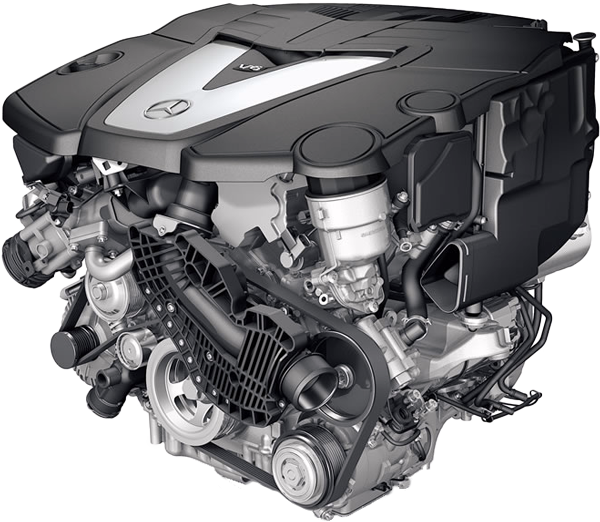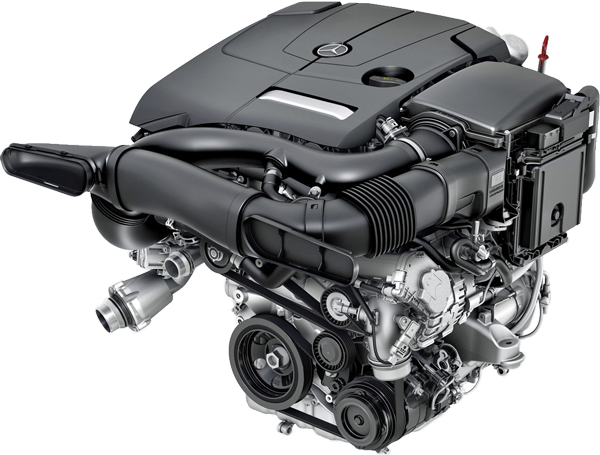The Comparative Analysis :
Mercedes E 300 7G-TRONIC PLUS (13 - 14) vs. Mercedes E 200 9G-TRONIC (19 - 19)
€ 51,500

€ 46,900

€ 51,500
Base Price ⓘBase price of a new vehicle with standard equipment in Germany at market launch.
€ 46,900
ⓘBase price of a new vehicle with standard equipment in Germany at market launch. Price Info
Vehicle Dimensions
The dimensions of these vehicles differ a little. The E 300 is 1.7 inches shorter, 0.1 inches wider and 0.2 inches taller than the E 200.
E 300
E 200
58
73
81.5
57.8
72.9
81.3
73 in
Width
72.9 in
81.5 in
Width Incl. Mirrors
81.3 in
58 in
Height
57.8 in
113.1
192.1
115.7
193.8
192.1 in
Length
193.8 in
113.1 in
Wheelbase
115.7 in
Vehicle Weight
E 300
E 200
3814 lb
Curb Weight
3560 lb
5016 lb
Gross Vehicle
Weight
Weight
4993 lb

Weight Difference:
254 lb
6.66 %

General
E 300
E 200
W212
Generation
W213
Sedan
Car Body Style
Sedan
Mid-Grade Unleaded
Fuel Type
Mid-Grade Unleaded

Rear-wheel drive
Drivetrain
Rear-wheel drive

7-speed automatic transmission
Transmission
9-speed automatic transmission
Engine
E 300
E 200
V6 gasoline engine (naturally aspirated engine)
Engine Type
4-cylinder mild hybrid gasoline engine with turbocharger
Mercedes-Benz M 276
Engine Series
Mercedes-Benz M 274
M 276.952
Engine Code
M 274.920


4
Valves
4
6
Cylinders
4
3.5 L / 171 cu in
Displacement
2 L / 98 cu in
249 hp
at 6500 rpm
Power
208 hp
at 5500 rpm
E 300
249 hp
208 hp
E 200
251 lb‑ft
at 3500 rpm
Max. Torque
236 lb‑ft
at 1650 rpm
E 300
251 lb‑ft
236 lb‑ft
E 200
Performance
E 300
E 200
155 mph
Maximum Speed
149 mph
7.1 sec
Acceleration 0 to 62 mph
7.5 sec
62 mph
62
mph
mph
325 ft
0.000 sec

E 300
62 mph
62
mph
mph
341 ft
0.000 sec

E 200
▶ REPLAY
15.32 lb/hp
Weight-to-Power Ratio
17.12 lb/hp
E 300
15.32 lb/hp
17.12 lb/hp
E 200
Fuel Economy / Emissions
E 300
E 200
Fuel Economy
35 mpg
combined
37 mpg
E 300
35 mpg
37 mpg
E 200
25 mpg
city
29 mpg
44 mpg
highway
46 mpg
15.6 gal
Fuel Tank Capacity
13.2 gal
539 mi
Range
493 mi
E 300
539 mi
493 mi
E 200
Environmental Impact
128.7 kWh
Total Energy Consumption
per 100 miles ⓘThe total energy consumption per 100 miles is the amount of energy consumed by a vehicle when burning fuel or using electricity per 100 miles (final energy), and the energy required to produce the appropriate amount of fuel or electricity (primary energy).
per 100 miles ⓘThe total energy consumption per 100 miles is the amount of energy consumed by a vehicle when burning fuel or using electricity per 100 miles (final energy), and the energy required to produce the appropriate amount of fuel or electricity (primary energy).
119.4 kWh
E 300
128.7 kWh
119.4 kWh
E 200
Euro 5
Emission Standard
Euro 6d-TEMP-EVAP-ISC (WLTP) 36CH, 36CI, 36DG
256 g/mi (NEFZ)
CO2 Emissions
259 g/mi (WLTP)
Practical Convenience
E 300
E 200
4
Doors
4
5
No. of Seats
5
1202 lb
Maximum Payload
1433 lb
15.3 cu ft
Trunk Volume
15.3 cu ft










No data
Cargo Volume (Seats Down)
No data



















